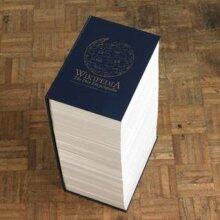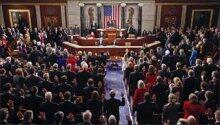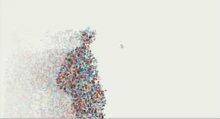The use of socio-technical data to predict elections is a growing research area. We argue that election prediction research suffers from under-specified theoretical models that do not properly distinguish between ’poll-like’ and ’prediction market-like’ mechanisms understand findings. More specifically, we argue that, in systems with strong norms and reputational feedback mechanisms, individuals have market-like incentives to bias content creation toward candidates they expect will win. We provide evidence for the merits of this approach using the creation of Wikipedia pages for candidates in the 2010 US and UK national legislative elections. We find that Wikipedia editors are more likely to create Wikipedia pages for challengers who have a better chance of defeating their incumbent opponent and that the timing of these page creations coincides with periods when collective expectations for the candidate’s success are relatively high.
2015
The increasing abundance of digital textual archives provides an opportunity for understanding human social systems. Yet the literature has not adequately considered the disparate social processes by which texts are produced. Drawing on communication theory, we identify three common processes by which documents might be detectably similar in their textual features - authors sharing subject matter, sharing goals, and sharing sources. We hypothesize that these processes produce distinct, detectable relationships between authors in different kinds of textual overlap. We develop a novel n-gram extraction technique to capture such signatures based on n-grams of different lengths. We test the hypothesis on a corpus where the author attributes are observable: the public statements of the members of the U.S. Congress. This article presents the first empirical finding that shows different social relationships are detectable through the structure of overlapping textual features. Our study has important implications for designing text modelling techniques to make sense of social phenomena from aggregate digital traces.
2014
Volunteer Science is an online platform enabling anyone to participate in social science research. The goal of Volunteer Science is to build a thriving community of research participants and social science researchers for Massively Open Online Social Experiments ("MOOSEs"). The architecture of Volunteer Science has been built to be open to researchers, transparent to participants, and to facilitate the levels of concurrency needed for large scale social experiments. Since then, 14 experiments and 12 survey-based interventions have been developed and deployed, with subjects largely being recruited through paid advertising, word of mouth, social media, research, and Mechanical Turk. We are currently replicating several forms of social research to validate the platform, working with new collaborators, and developing new experiments. Moving forward our priorities are continuing to grow our user base, developing quality control processes and collaborators, diversifying our funding models, and creating novel research.


